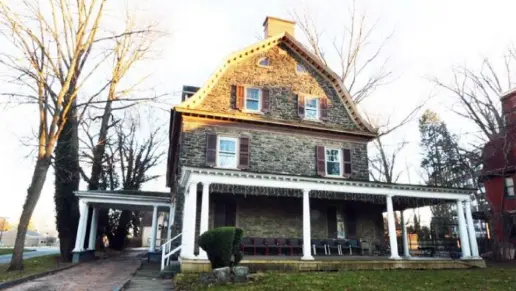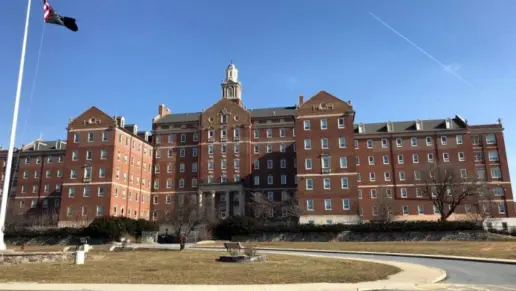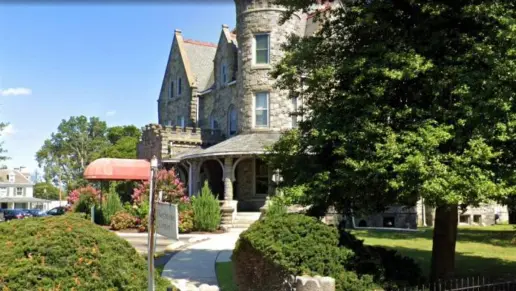clients able to continue their choice of addictions through visitors or technicians, obvious group leaders no trained. admission process not thorough. Medical history not reviewed. Have been trying to call facility since loved one's discharge r/t items left behind. no return ...
About Libertae
Libertae is a drug and alcohol rehab facility located in Bensalem, Pennsylvania. They treat women with substance use disorder and alcohol use disorder. They offer both inpatient and outpatient services. They also treat people who have addiction issues and mental health conditions concurrently.
Libertae is a nonprofit organization. They’ve been around since 1973 and are located on a farm where they have several different residential treatment homes. They’re dedicated to gender-informed treatment and to making women independent and substance free.
You will have an intake meeting to determine the level of care you need. A psychiatrist who works as a consultant to the company will evaluate you and monitor you throughout your progress.
If you do not need full-time care, you will have outpatient care. They have a partial hospitalization program (PHP), in which you will go to therapy all day long and go home at night. If you are in their intensive outpatient program (IOP), you will come to therapy a few days a week for a few hours a day. They have a standard outpatient program In which clients come in once or twice a week for an hour session.
They can refer you to two recovery housing as you develop your daily living routines. The Liberty House and Crossroads is a facility for single women in recovery. The Family House is for women in recovery who are pregnant or have young children.
Women in both programs will be treated with group and individual therapy. They will have life skills classes and attend 12 Step meetings. Women in The Family House will also have parenting classes.
The staff here uses acceptance and commitment therapy to treat their clients. This method teaches people to accept their own thoughts and feelings without judging themselves and commit to changing their lives in a positive way.
Rehab Score
Gallery
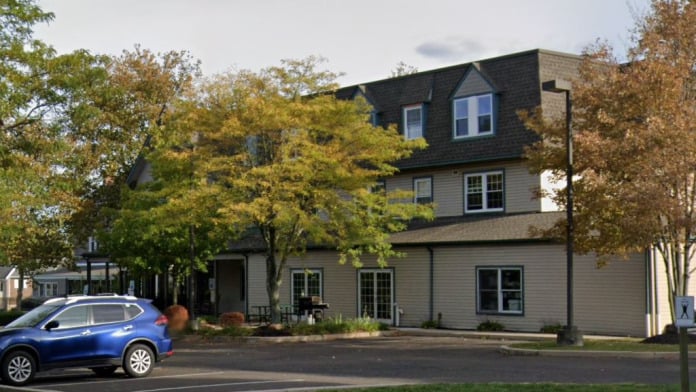
Location
Other Forms of Payment
Self-pay involves paying for treatment out of your own pocket. You can use savings or credit, get a personal loan, or receive help from family and friends to fund your treatment. If you don't have insurance or your insurance plan doesn't cover a specific program, self-pay can help ensure you still get the care you need.
Financial aid can take many forms. Centers may have grants or scholarships available to clients who meet eligibility requirements. Programs that receive SAMHSA grants may have financial aid available for those who need treatment as well. Grants and scholarships can help you pai for treatment without having to repay.
Medicaid is a state based program that helps lower-income individuals and families pay for healthcare. Medicaid covers addiction treatment so those enrolled can use their coverage to pay for rehab. When a program accepts Medicaid the client often pays very little or nothing out of their own pocket.
Addiction Treatments
Levels of Care
Treatments
The goal of treatment for alcoholism is abstinence. Those with poor social support, poor motivation, or psychiatric disorders tend to relapse within a few years of treatment. For these people, success is measured by longer periods of abstinence, reduced use of alcohol, better health, and improved social functioning. Recovery and Maintenance are usually based on 12 step programs and AA meetings.
Drug rehab in Pennsylvania is devoted to the treatment of addiction. Levels of care, treatment methods, and settings differ, but the aim of each program is to end drug dependency and empower participants to achieve long-term recovery.
Pennsylvania's specialized dual-diagnosis addiction treatment programs prioritize comprehensive care for individuals with co-occurring substance use disorders and mental health conditions. Providing various levels of care, including outpatient, inpatient, and partial hospitalization, dual-diagnosis experts use evidence-based therapies, recovery support groups, and education to treat both disorders, promote mental health, and improve your quality of life.
In Pennsylvania, dual-diagnosis rehabs specialize in providing comprehensive care for individuals facing both mental health and substance abuse challenges. These facilities offer personalized treatment plans, integrating evidence-based therapies such as cognitive-behavioral therapy (CBT), dialectical behavior therapy (DBT), eye movement desensitization and reprocessing (EMDR), and experiential therapy. Other recovery services, like 12-Step meetings, skills training, educational groups, and an aftercare plan will enhance your odds of long-term recovery.
Opioid rehabs specialize in supporting those recovering from opioid addiction. They treat those suffering from addiction to illegal opioids like heroin, as well as prescription drugs like oxycodone. These centers typically combine both physical as well as mental and emotional support to help stop addiction. Physical support often includes medical detox and subsequent medical support (including medication), and mental support includes in-depth therapy to address the underlying causes of addiction.
Programs




Clinical Services
Group therapy is any therapeutic work that happens in a group (not one-on-one). There are a number of different group therapy modalities, including support groups, experiential therapy, psycho-education, and more. Group therapy involves treatment as well as processing interaction between group members.
In individual therapy, a patient meets one-on-one with a trained psychologist or counselor. Therapy is a pivotal part of effective substance abuse treatment, as it often covers root causes of addiction, including challenges faced by the patient in their social, family, and work/school life.
Trauma therapy addresses traumatic incidents from a client's past that are likely affecting their present-day experience. Trauma is often one of the primary triggers and potential causes of addiction, and can stem from child sexual abuse, domestic violence, having a parent with a mental illness, losing one or both parents at a young age, teenage or adult sexual assault, or any number of other factors. The purpose of trauma therapy is to allow a patient to process trauma and move through and past it, with the help of trained and compassionate mental health professionals.
The goal of nutrition therapy is to help you understand how your diet affects your overall health. It teaches you healthy eating habits, which speed up your recovery and give you the nutrients you need for long term physical and mental health.
Incorporating recreational therapy into drug and alcohol addiction programs in Pennsylvania helps you rebuild your life and maintain sobriety by discovering new interests and developing healthy coping mechanisms. Recreational activities can include painting, team sports, and hiking to promote physical and mental health.
Experiential therapy is a form of therapy in which clients are encouraged to surface and work through subconscious issues by engaging in real-time experiences. Experiential therapy departs from traditional talk therapy by involving the body, and having clients engage in activities, movements, and physical and emotional expression. This can involve role-play or using props (which can include other people). Experiential therapy can help people process trauma, memories, and emotion quickly, deeply, and in a lasting fashion, leading to substantial and impactful healing.
Amenities
-
Private Setting
Staff
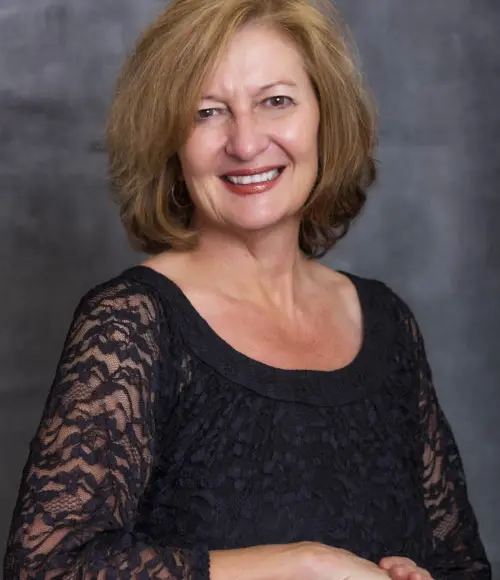
Chief Executive Officer

Clinical Director

Program Manager

Director of Operations
Contact Information
5245 Bensalem Boulevard
Bensalem, PA 19020
